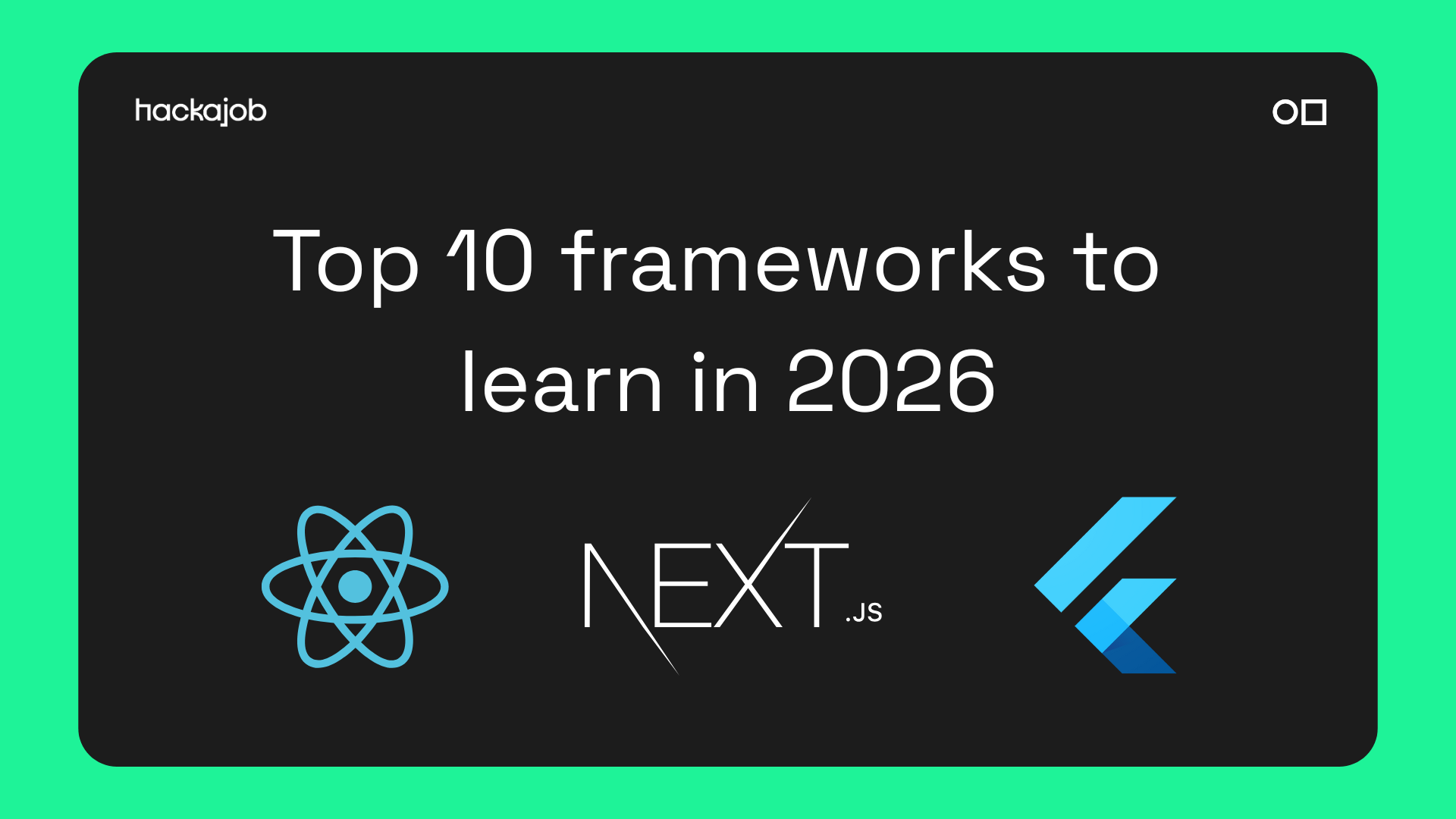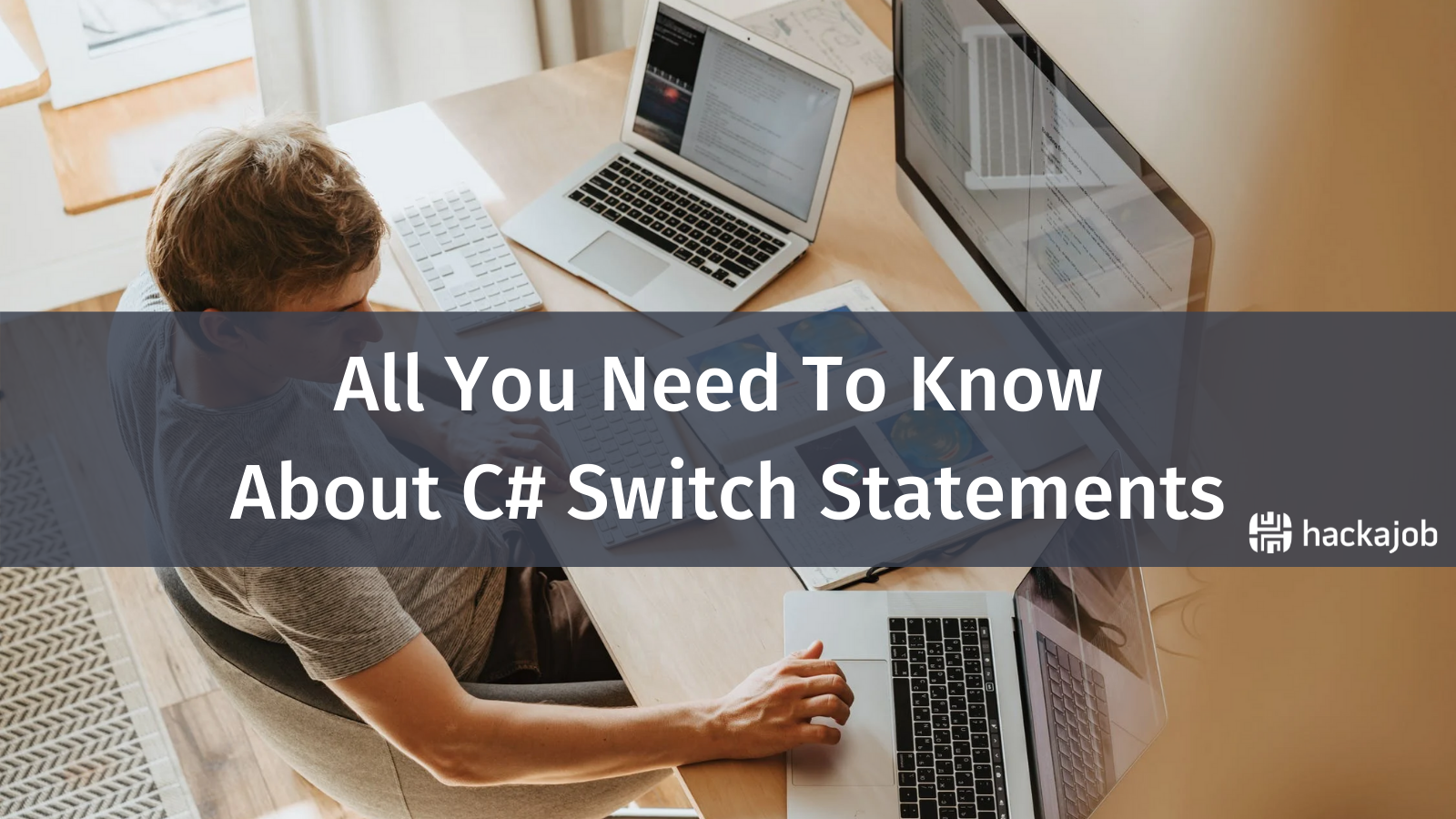
Ever wondered what it’s like to be a Principal Consultant Data Engineer at BAE Systems? In this blog, Samantha gives us the scoop on everything - from her personal journey into tech to her day-to-day responsibilities working for BAE Systems.
And if you’re interested in knowing what skills are necessary to excel in this high-demand role, we share Samantha’s insights into the key skills to set you up for success. Let’s dive in!
How did your background in academia help you transition to a career in tech?
I completed a PhD in experimental physics, and while I learned a lot, the key things that translated into my current role were my writing and coding skills. During my PhD, I did quite a bit of coding for my experiments and that ended up being really useful as I transitioned into tech. So, while my love for physics might not have directly led me here, the skills I picked up along the way definitely gave me a strong foundation.
Can you describe a typical day in your role as a Principal Consultant Data Engineer at BAE Systems?
My day begins at 7:30, starting with feeding my pets and grabbing coffee before heading to the customer site. Whilst much of our business is remote or hybrid, the classified nature of our customers’ data means that I’m in the office at least four days a week. I settle at my desk after a coffee shop detour, managing dual calendars and reviewing code. I’m currently working on two concurrent projects, so I usually split my week between them. However, today I’m working on both projects as I have had to handle an urgent request that’s come through despite it being a Project A day, I’ve been collaborating with my colleagues to offer a solution to the request.
After a team stand-up (this is where everyone provides updates on feature development and business requirements) and assisting with GPU problems, I work on data processing and model pre-processing. Lunch is a quick baguette before meeting with our customer stakeholders. The meeting got quite technical, with lots of conversation around GPUs and Python libraries. This is one of the best parts of my role - I spend a large proportion of my time speaking to the customer directly, which you don’t always get the opportunity to do in other businesses.
The rest of my afternoon is spent on Project A meetings and quiet coding, then it’s back to the data processing. I really enjoy the quieter hours of the day where I can put my head down and focus on writing code without any interruptions. I wrap up the day by committing my code into version control for my peers to review in the morning, and head home to prepare for a board game night with friends.
Why did you choose to join BAE Systems for your graduate role, and how did its quick response and offer impact your decision?
BAE Systems was a great fit for a few reasons. Firstly, it was local – I was based in the West Country and didn’t want to move too far from friends and family. But more than that, I was interested in the work the business was doing, especially with our government customers. It felt like an exciting and rewarding area to work in.
I applied to a few companies, but BAE Systems was still the top of my list and coincidently very prompt in replying to my application and making an offer, so that definitely influenced my overall decision. Once I joined the business, I realised the consultancy model was a great way to gain exposure to different projects and teams. It’s like having a series of short jobs without the hassle of constant job interviews. The projects I get to work on are really interesting, challenging and varied which is one of the many reasons why I’m still working here now.
What advice would you give to recent graduates or professionals looking to join the tech industry, especially when starting with an open-ended project?
My advice is simple: just dive in. Many projects are designed with the expectation that new graduates won’t know everything from day one. You’ll learn on the job, and that’s what will help you grow in confidence.
Another thing I’d recommend is to explore tech in your spare time and build a portfolio of projects that interest you. It’s a great way to get hands-on experience and figure out if tech is really something you’re passionate about. It’s a big time commitment to learn, so make sure it’s something you enjoy.
Can you share more about the culture at BAE Systems?
Honestly, it’s the people that keep me here. I get to work with some great people who are not only really interesting, but equally as inspiring. I’ve been on a few projects where I was the sole consultant working directly with a customer, and that was incredibly rewarding. But I’ve also worked on larger projects with teams of 18 to 20 people, and the contrast between those experiences has been fascinating.
The variety of projects and the different ways I can shape my career are what I enjoy most. My role typically involves a mix of technical work and collaborating with many different stakeholders, which keeps things interesting. No two days are the same, and that variety is what makes my job so exciting.
Want to join BAE Systems?
If you’d like to join the team at BAE Systems, create a profile on the hackajob platform or log in to your profile here. Follow what they are up to on their hackajob profile.
Like what you've read or want more like this? Let us know! Email us here or DM us: X, LinkedIn, or Instagram, we'd love to hear from you.


